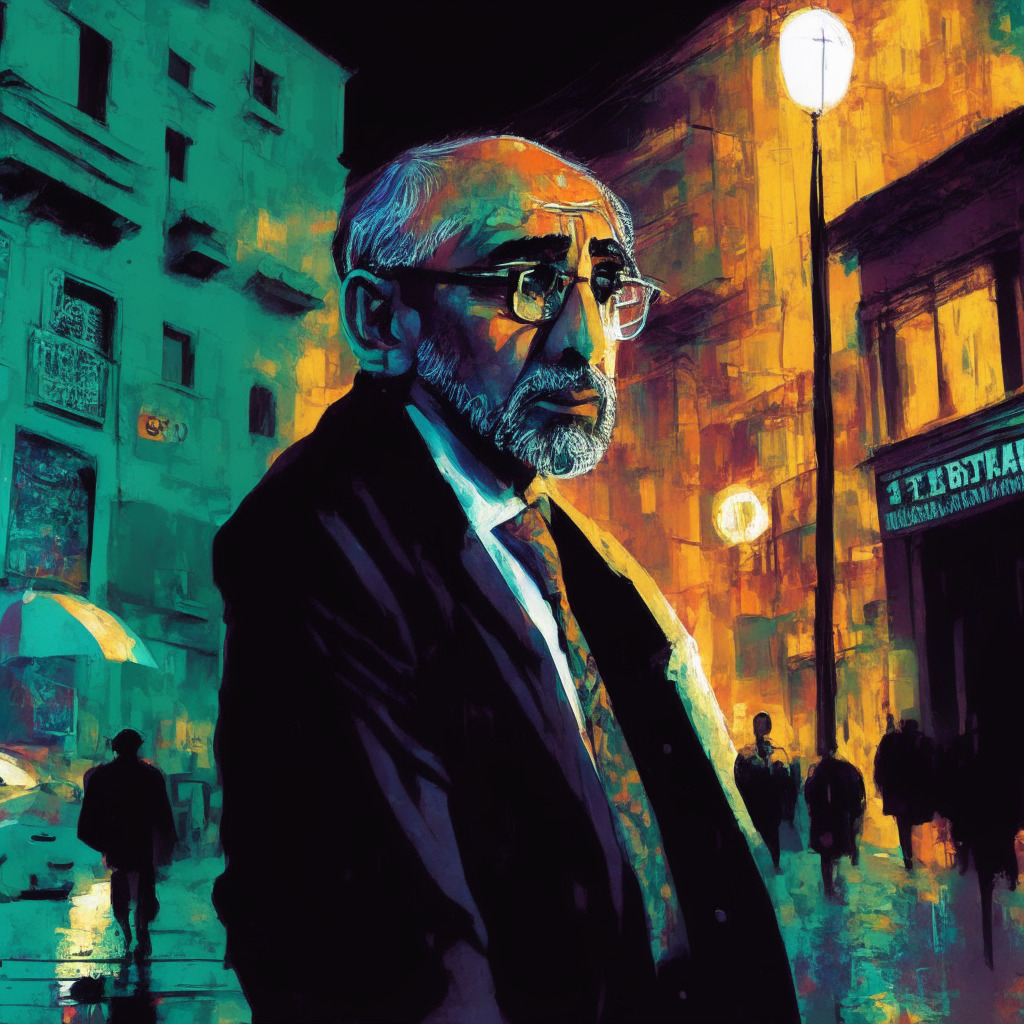The recent annulment of a Montenegro high court decision regarding the bail release of Terraform Labs co-founder, Do Kwon, has once again underscored the significance of regulations in the ever-evolving world of cryptocurrencies. Kwon, who faces charges relating to falsified travel documents, had earlier been granted bail by the Basic Court of Podgorica, along with fellow defendant and Terra executive Han Chang-joon, with both parties required to pay a €400,000 ($435,000) bond each.
Despite the defense’s initial success in securing supervised bail for Kwon and Chang-joon, the prosecution rapidly appealed the decision. Ultimately, the Podgorica high court overturned the lower court’s ruling, emphasizing the complexity of dealing with such criminal charges in the crypto industry. The United States and South Korea have since requested Montenegrin authorities to extradite Kwon so he can face charges involving the collapse of Terraform Labs in May last year.
On one hand, the situation highlights the need for stringent regulations to ensure that the founders and executives of crypto companies are held accountable for any illegal activities. It’s worth noting that some investors may see these legal developments as an opportunity to enforce transparency and responsibility within the crypto ecosystem. Furthermore, incidents such as the collapse of Terraform Labs often result in the loss of millions of dollars, affecting not only stakeholders but also the broader market. As such, robust regulatory frameworks become essential in protecting investor interests and financial stability.
On the other hand, excessive governmental oversight could stifle innovation and discourage new players from entering the crypto space. Given the inherently decentralized nature of cryptocurrencies, overregulation could potentially work against the foundational principles of blockchain technology. As efforts to balance regulation and innovation continue, the debate between security and freedom remains at the forefront.
In light of the high-profile nature of this case, it is crucial for both investors and industry leaders to pay close attention to the implications of regulatory decisions. As the lower court reconvenes to consider the high court’s ruling, questions regarding the effectiveness and fairness of current regulatory measures in the crypto market will likely resurface. Furthermore, global collaboration is needed for the extradition process, showcasing the importance of international cooperation when dealing with issues related to crypto-related crimes.
In conclusion, the case of Do Kwon and Terraform Labs highlights the ongoing challenges of regulating cryptocurrencies while respecting their decentralization. The result will undoubtedly have far-reaching implications for the industry’s future, with serious questions raised regarding the balance between oversight, innovation, and financial security.
Source: Coindesk




